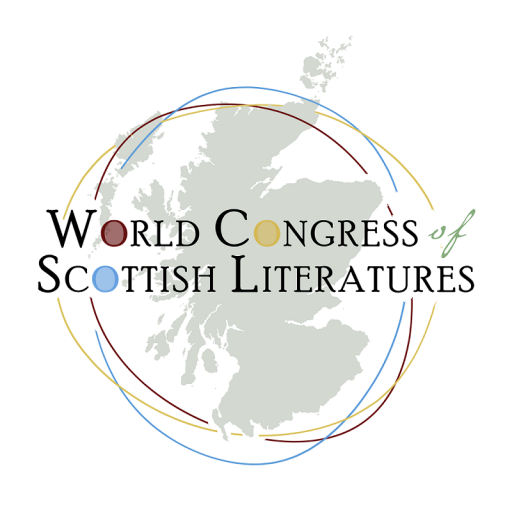Slavic Territories in the Scottish Historical Novel
The genre of historical fiction, as was noted even by Walter Scott, has its roots in the work of Jane Porter, who was Anglo-Irish and grew up in Edinburgh. Porter’s Thaddeus of Warsaw (1803), inspired by the Polish refugees who took asylum in London from their nation’s oppression by larger powers, particularly the Russian Empire, was a bestselling forerunner of her later novel The Scottish Chiefs (1810). For modern readers, it may seem peculiar that before dealing with Scottish history she turned to that of a nation from the opposite end of Europe (which had literally been erased from the map through its triple partition), but her brother Sir Robert Ker Porter’s diplomatic and artistic career had close ties to Russia. Two centuries later, James Meek’s award-winning novel The People’s Act of Love (2005) again explored the relationship between Russia and the smaller Slavic nations, in this case focusing on the exiled Czech legions based in Siberia during the revolutionary period. Meek is most often defined as a “British” author rather than a Scottish one, but he was raised in Dundee, studied in Edinburgh, and began his literary career together with the 1990s generation of Scottish writers who included Irvine Welsh. At the same time, he spent considerable time in Eastern Europe, particularly Kyiv, and also identifies with his mother’s Hungarian background. This paper will examine Porter’s “Polish” novel and Meek’s “Czecho-Russian” one, through Benedict Anderson’s imagined communities and Eric Hobsbaum’s invention of tradition (both of which specifically examine the Scottish case) as well as Tom Nairn’s Breakup of Britain (which directly influenced both theorists). This Scottish reimagining of Slavic territories is not only interesting as a case study of Scottish writers’ globalized perspectives, but has newfound relevance for the current situation in Ukraine, which Meek was visiting only days before the Russian invasion, and whose struggle for existence echoes that of the Polish nation, which Porter portrayed in her historical prose.
Charles Sabatos, Yeditepe University, Turkey
